In 2016, when Game of Thrones was probably having its last good season, The Walking Dead was the third most-watched show on TV.

Despite being on network TV and having a lot less reach than GoT, The Walking Dead’s ratings eclipsed that of the former. But after 44 Emmy wins, it is quite clear which series critics feel is the superior show.
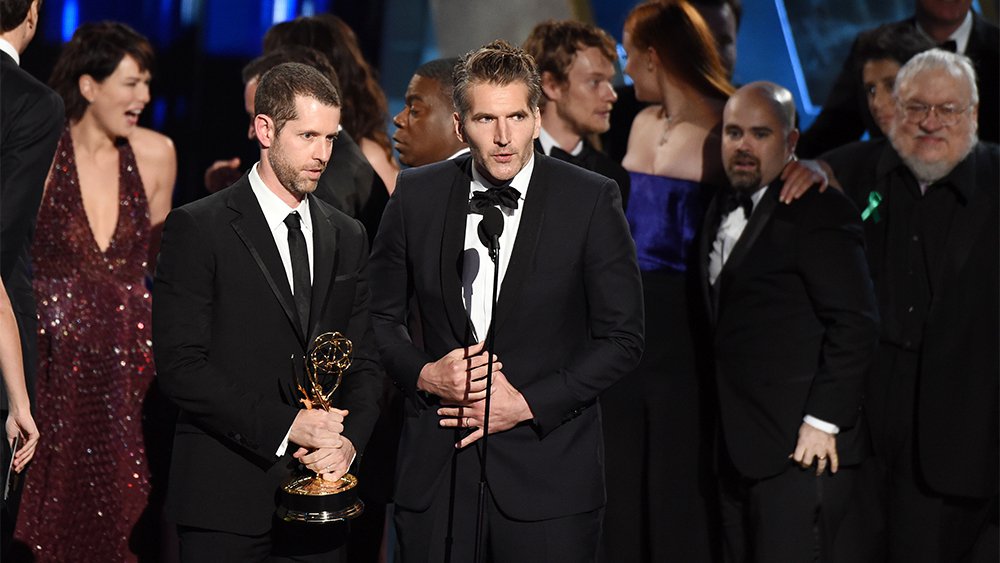
Yeah, well, we are here is to bust that myth.

Game of Thrones, however, started losing its edge after the first 3 seasons. The good episodes were few and far between.
Sure, every year, the world eagerly and somewhat with dread waited for the annual episode 9 event but that’s all it became; a gimmick to keep us hooked on, even as the show gradually moved away from the brilliance of George R.R Martin’s works.
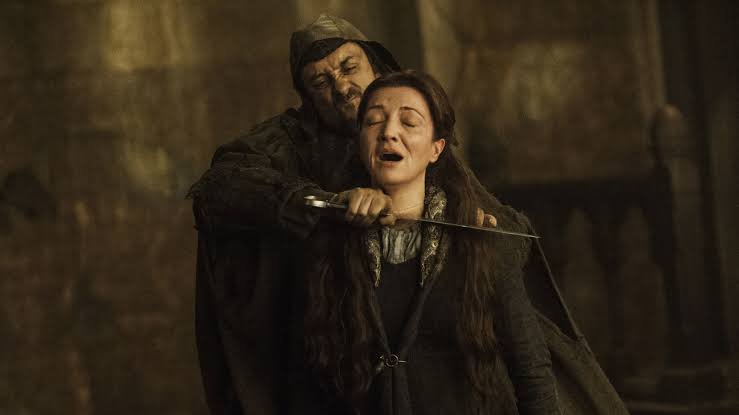
The Walking Dead, however, had multiple such episodes each season.
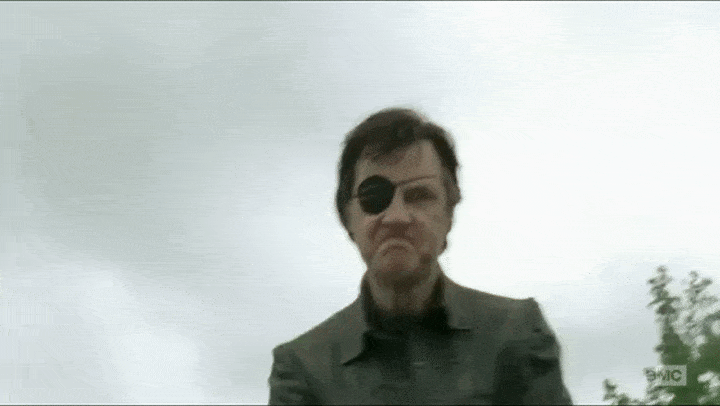
What made TWD so dear to its fans was that even though it was set in a dystopian realm of zombie apocalypse, they could see themselves in these characters.
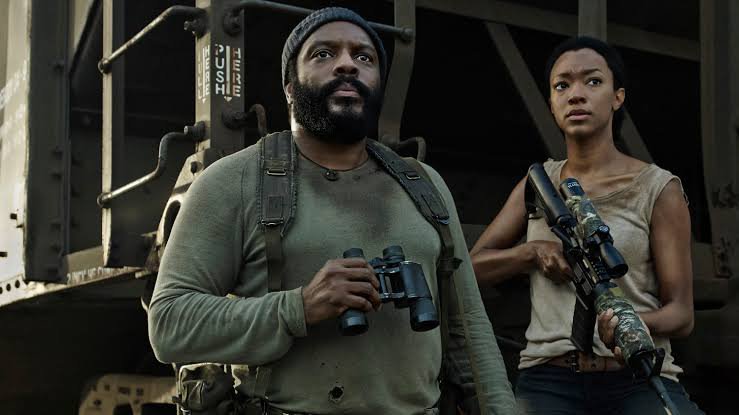
See, nobody while watching GoT could see a part of themselves in its characters. They were larger than life, with qualities and fortunes that most of us would give an arm to possess.
TWD, on the other hand, focussed its plot around the laymen. The characters were people you saw every day while crossing the street.

The cop, the burnout biker, the farmer, the chemist, all of these guys, you see them and they see you. The zombie apocalypse could have happened to anyone.
While GoT was about extraordinary people doing things as they do, TWD was about the average guy doing extraordinary things, because they didn’t have another option.
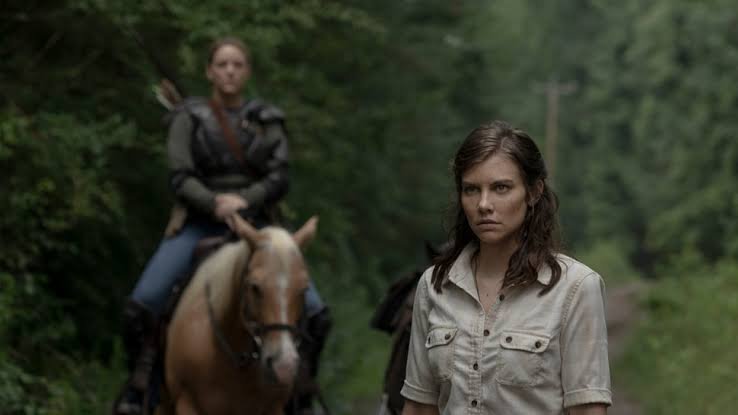
TWD was not afraid of pumping he breaks on its thrills either. Even to this day, TWD introduces new characters on a regular basis and spends good screentime on them.
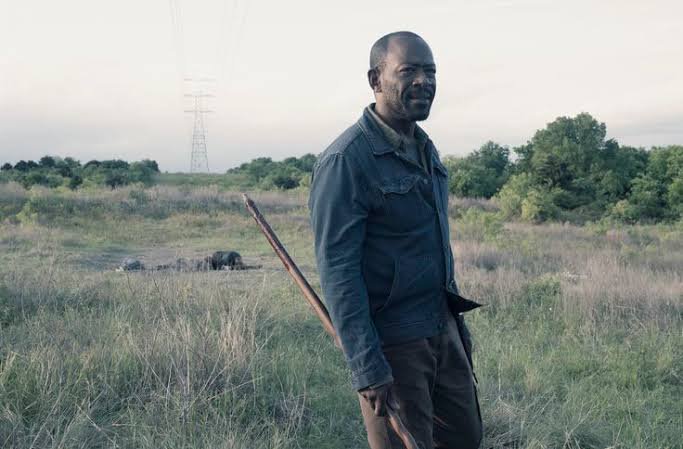
GoT, on the other hand, after the 4th season, felt like a show that constantly had a foot on the brakes, as if it was afraid to accelerate for the fear of running out of good things before the 9th episode.
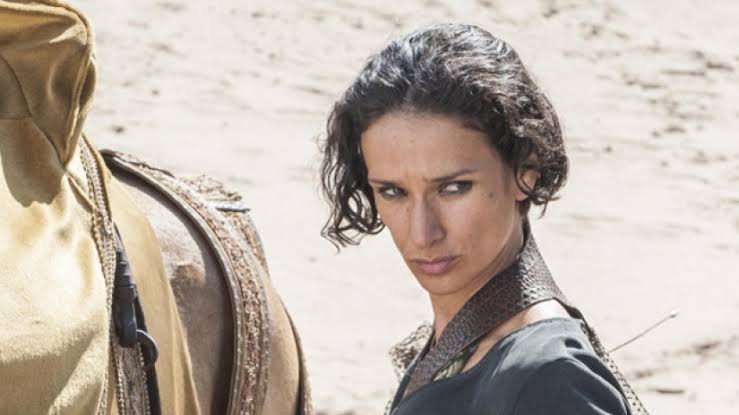
While GoT’s writing evidently went to shit as the seasons progressed, TWD’s writers found a way to challenge themselves each season and often came out with new ways of telling stories.
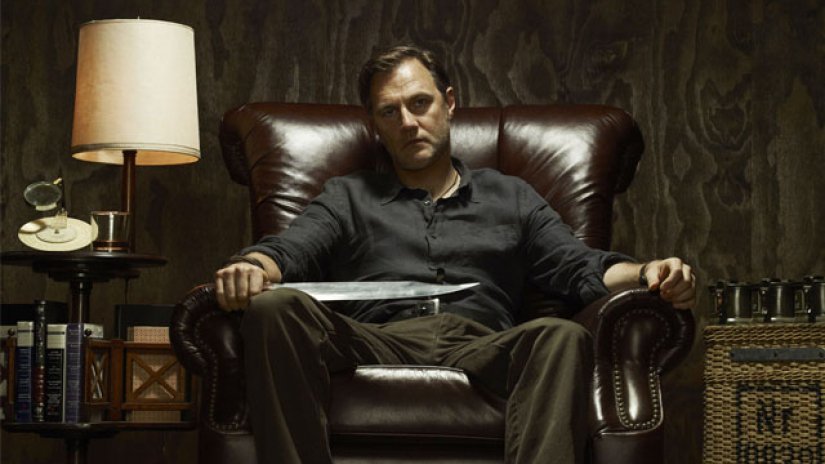
The show would regularly shift between timelines, just to remind you what a world without the apocalypse looked like, in case you were sucked in too deep by the morbid ghouls of its fractured morality.
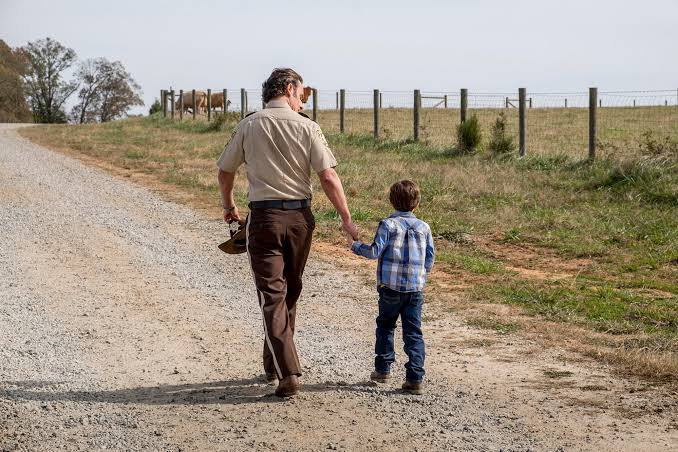
While characters like Littlefinger and Tyrion started off strong, the ends of their stories were miserable at best. By the end of it, their actions seemed out of place. Almost as if they were not dictated by the characters’ motivation but after a brainstorm in the writers’ room.
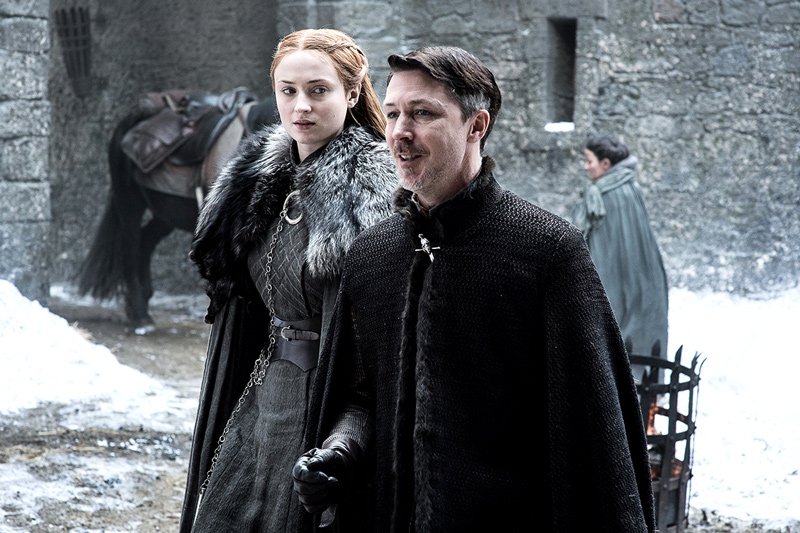
The same, however, cannot be said for TWD. Rick Grimes and Carol Peletier started off as the show’s moral compass.
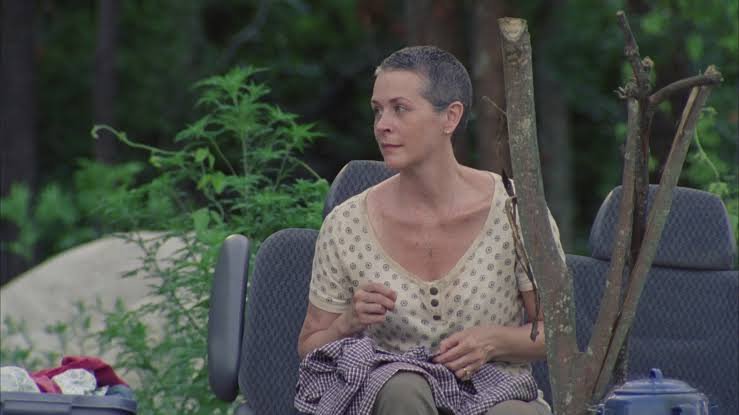
Rick, as the leader who didn’t ask for the job but would do anything to save the people he cared about and Carol, as the abused victim.
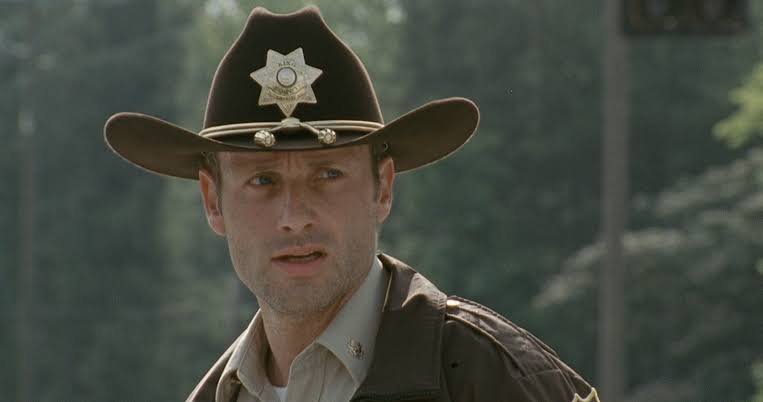
Couple of seasons later, they were both depraved killers, taking out anyone in the way of their plans. And these are the good guys.
Even though TWD far outweighs GoT in terms of deaths, none of them were meaningless. In the apocalypse, every life has meaning and the taking of it brings unforeseeable consequences.
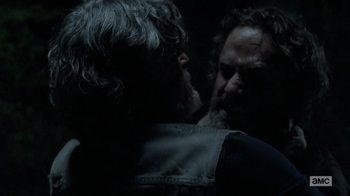
It’s this moral dilemma that makes them humans, something that is further put under the microscope by the fact that they are surrounded by things that once were.
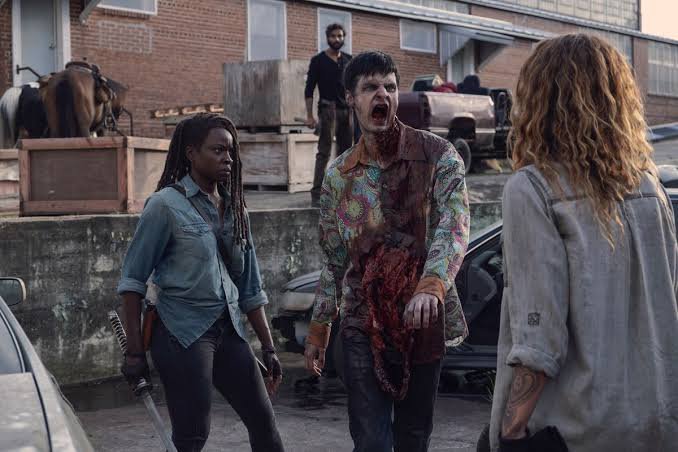
GoT also truly struggled to find a good villain after Joffrey’s death. Ramsay was hated but the celebration of his death was nothing in compared to the bastard Lannister king.
But TWD has always had a certain absurd assuredness when it came to the bad buys that the comics’ biggest asshole was brought in the 7th season.
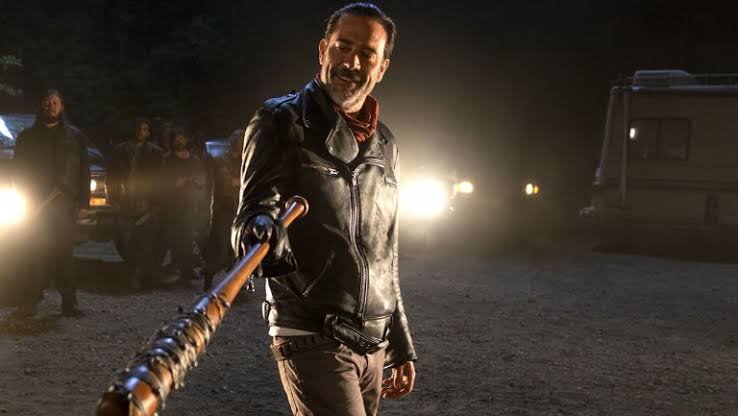
And Negan raised the level of villainy and gore unlike anything ever seen on television.
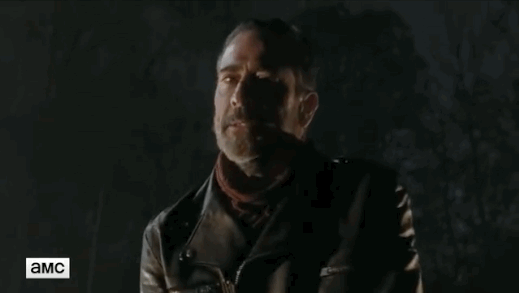
The reason we all got hooked up to Game of Thrones, all those years ago was because of its ability to let a story progress organically. The first 8 episodes of the first season were spent setting up, not Ned Stark’s death but the war of the 5 kings.
So, Ned Stark’s death came as a rude shock.
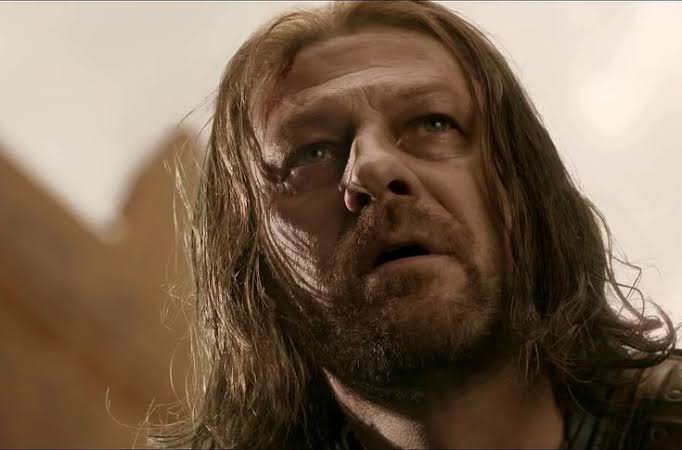
In the begining, we all hated Jaime Lannister. Actually every house other than the Starks had innocent blood on their hands and we all hated them for it.
But the first half of Game of Thrones involved storylines that dug deep into these characters. So when Jaime saved Brienne, it made sense. It made sense when he confessed to killing the Mad King to save the people.
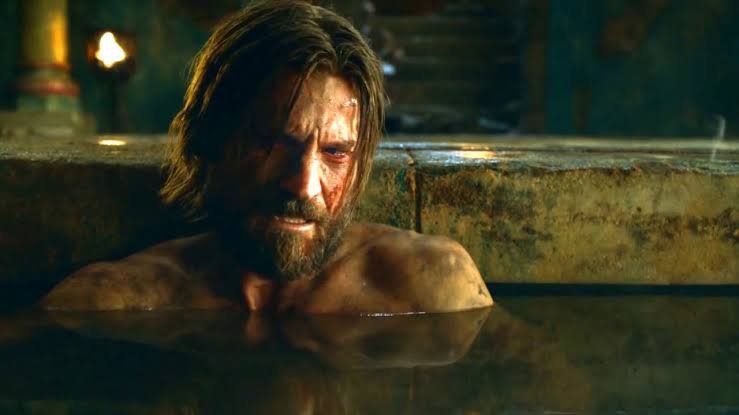
But it didn’t make sense when in the penultimate episode of the show, he told about never having cared about those people, ‘innocent or otherwise’.
Tyrion was the smartest man we knew from the show. So it did not make any sense when he made stupid decisions right after he met Dany. From making deals with slavers to approaching Cersei for peace.
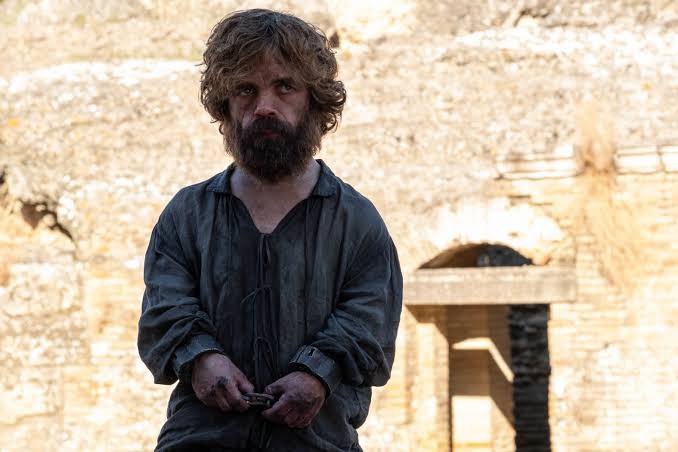
None of it made sense and after a point, it simply felt like, we were running towards an end without even looking at the journey we were taking.
Whereas TWD never really sped up the journey. Despite its innovative storytelling, the show stuck to its core values and took time to let the characters and the actions sink in, so the consequences would make sense.
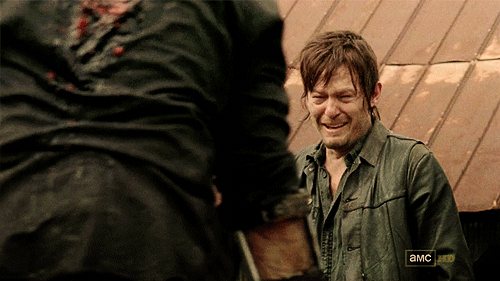
After Negan killed Glenn and Abraham, we did not think there was any future left for him. He had to die. But here we are. The writers found a way to make him likeable without taming him his nature.
He does the same thing he has always done and yet we find ourselves cheering for him because his motivations are in sync with ours.
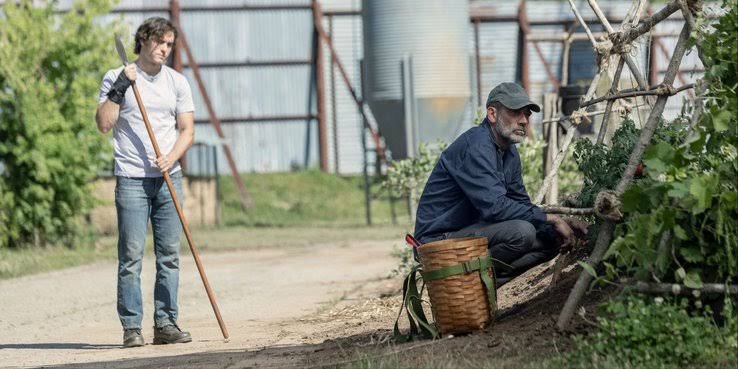
Moreover, even though TWD is based on a dystopian society where there is no place for God or religion, people achieve spirituality through their own morals. The show regularly explores and debates itself on its own spirituality, better than GoT ever did.
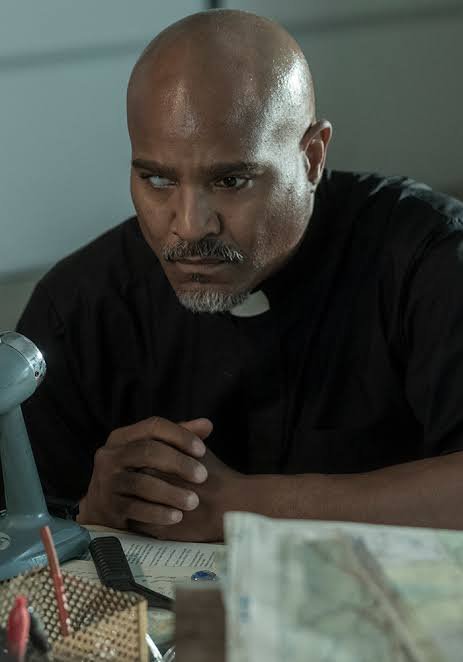
Sure, the show has its own flaws and sometimes, it does get lost in its own storytelling process and forgets about the overall arc of the season, but at the end of the day, it feels like a better story than Game of Thrones., which is surprising since George RR Martin’s works are still an excellent read.

















